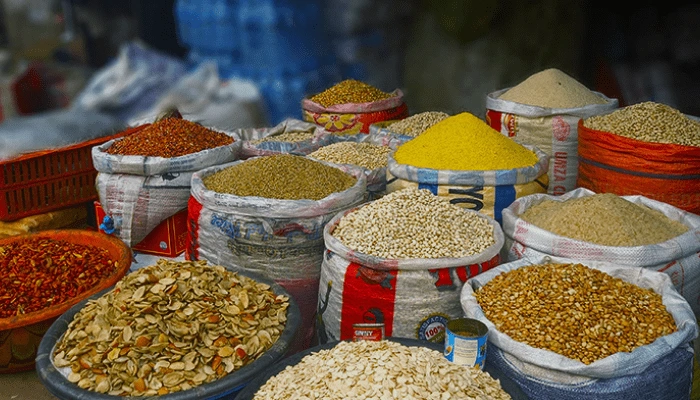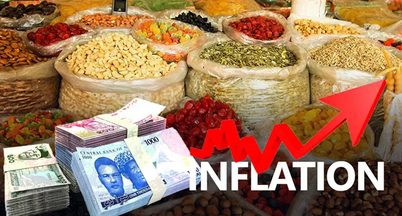Nigeria food import bill hits $2.39bn between April 2024 and March 2025, an 11.6% rise despite government efforts to boost local production
Nigeria food import bill rose to $2.39bn between April 2024 and March 2025, up from $2.14bn recorded in the previous year, according to fresh data from the Central Bank of Nigeria (CBN).
Also read: over 34 million Nigerians will face food insecurity in 2026
The analysis of the apex bank’s sectoral utilisation of foreign exchange for food products shows an increase of about $248m, representing an 11.6% surge in the nation’s import bill within a year.
This upward trend comes despite ongoing government policies designed to stimulate local production and reduce dependence on imported food items.
The rise coincides with worsening food insecurity and malnutrition across the country. Millions of Nigerians continue to struggle with high food prices and dwindling domestic supply.
A recent report by the International Federation of Red Cross and Red Crescent Societies (IFRC) highlighted a “worsening nutrition emergency” in the BAY states—Borno, Adamawa, and Yobe—driven by conflict, displacement, and fragile health systems.
The CBN figures reveal that Nigeria spent $2.14bn on food imports between April 2023 and March 2024, with spending peaking at $303.91m in February 2024.
In the subsequent 12 months, covering April 2024 to March 2025, the figure climbed to $2.39bn, with August 2024 emerging as the costliest month at $275.04m.
Despite several agricultural interventions, the data suggest that Nigeria remains heavily reliant on foreign food supplies, especially for staples such as wheat, rice, and fish.
The CBN, in its July statement, reiterated the need for stronger import substitution strategies, saying:
“The economic stability engendered by the reforms implemented so far must be supported by reinstating Nigeria’s import substitution strategies to boost industrial productivity.”
Also read: Escalating Food Insecurity Crisis: 33 Million Nigerians Face Acute Hunger in 2025 Amid Economic Woes and Conflict
Economists have described the rising food import bill as a worrying trend that could further pressure the nation’s foreign reserves and weaken efforts toward self-sufficiency.
























